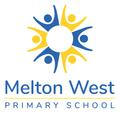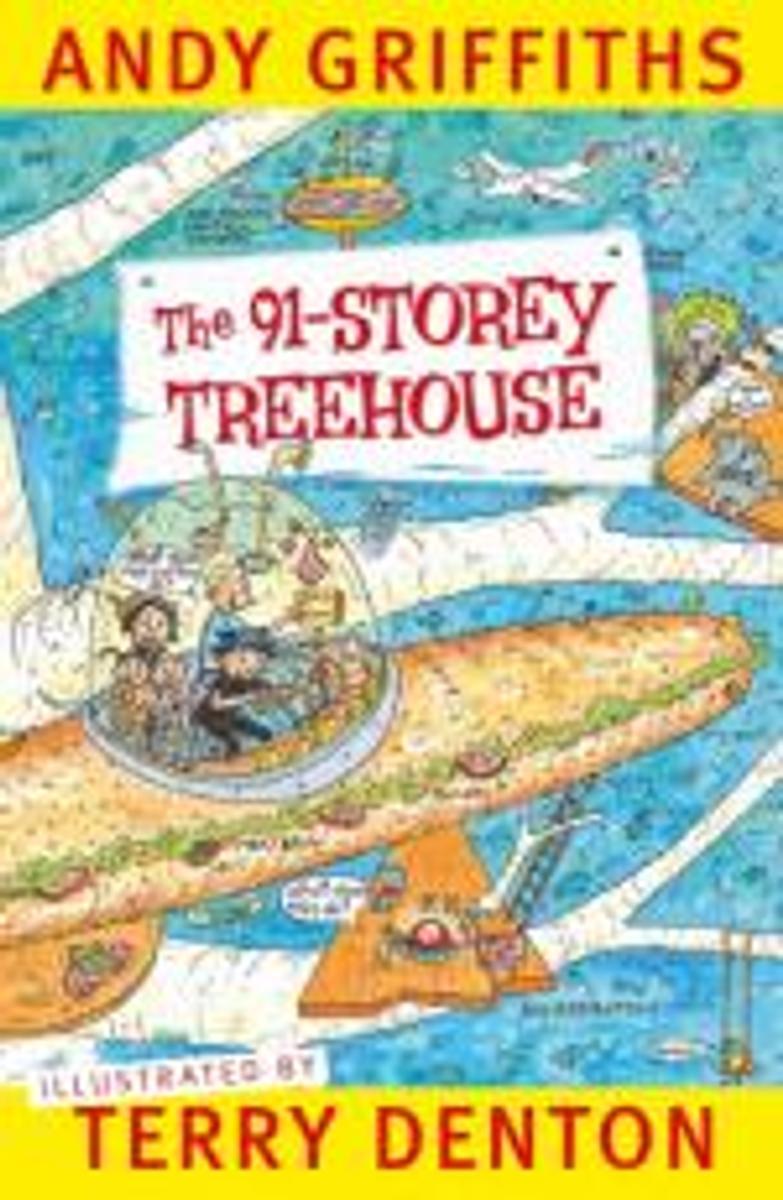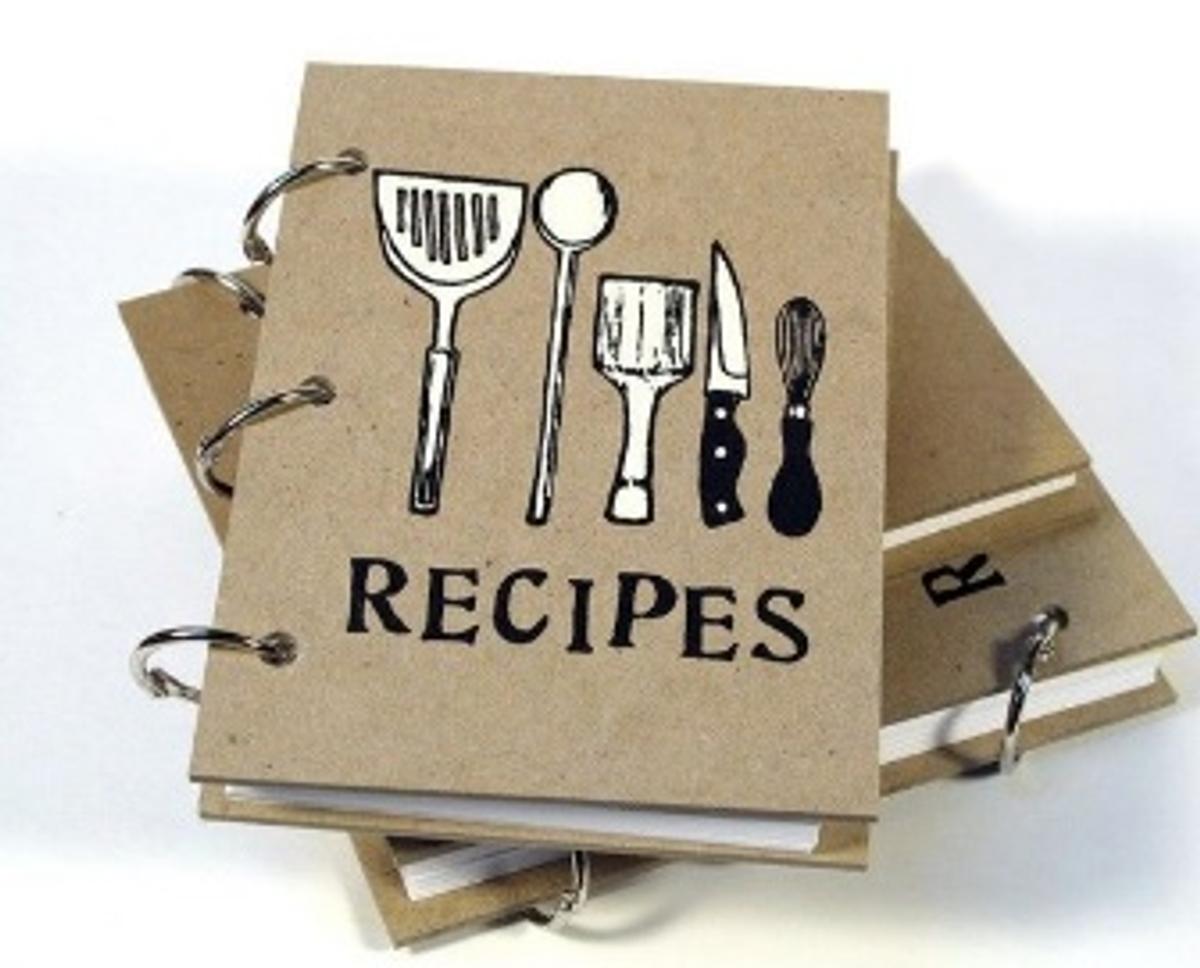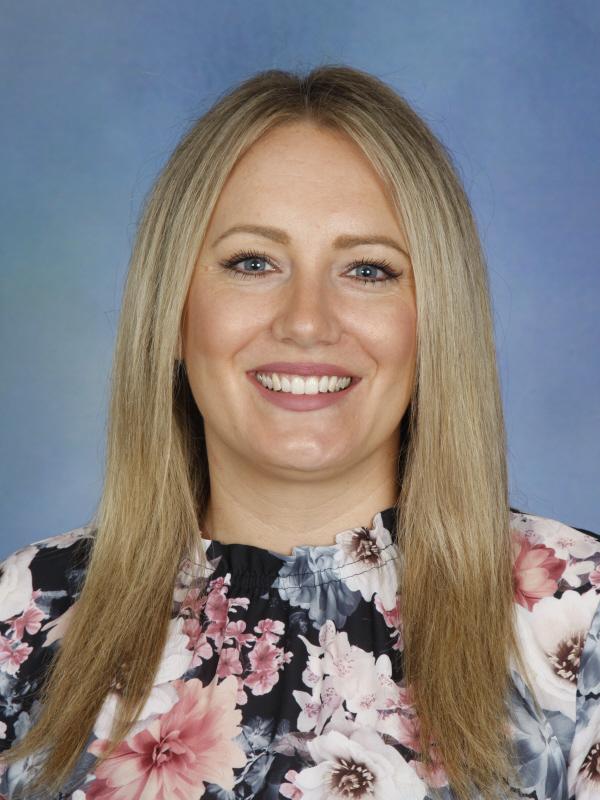Assistant Principal Report

Dear parents and carers,
Getting it right in English!
Engaging older readers and writers
In the middle to upper years of primary school students use reading and writing to learn and explore other learning areas, and to seek out information for themselves as active learners. It’s important to continue to encourage a love for reading and writing at these ages, particularly leading into secondary school.
Below are some activities that might engage your older readers and writers.
Share ideas about texts
Talk to your child about how you select books for your own reading. After your child has read a text, encourage him or her to share insights, feelings and understandings of the text.
Some ideas that may suit your child’s interests:
- Read about the author or illustrator at their website.
- Find and read another story by the same author.
- Follow the instructions from a text to create something, for example, recipes, making models, or origami (Japanese paper folding).
- Read several articles together on the same issue to get more than one opinion. Discuss the different views expressed.
- View a movie based on a book and make comparisons.
- Draw or paint pictures about the scenes or characters from a story.
Encourage your child to read or write with a specific purpose in mind
Some ideas include:
- Listen to and view texts on the internet or other digital audio player.
- Read, collect, experiment with and write recipes to create a cookbook.
- Find out facts about topics of interest or your family’s cultural background
- Keep a diary where your child can record events, feelings etc.
- Write a shopping list for a recipe you and your child wish to make.
- Play appropriate computer games that require reading i.e. instructions
- Download podcasts to listen and discuss.
- Join a blog to read and to make contributions together.
Ideas taken from ‘201 Literacy and maths tips to help your child’, Department of Education and Early Childhood Development
Assistant Principal
Sarah Mills



